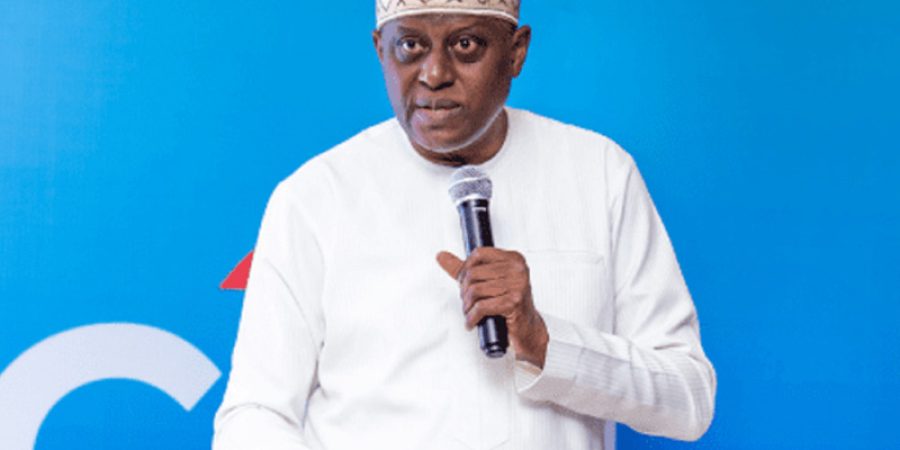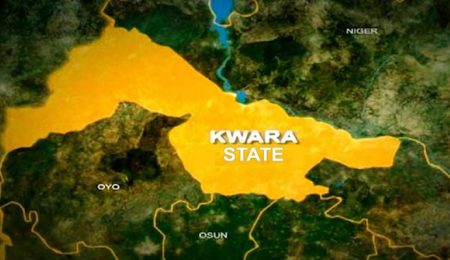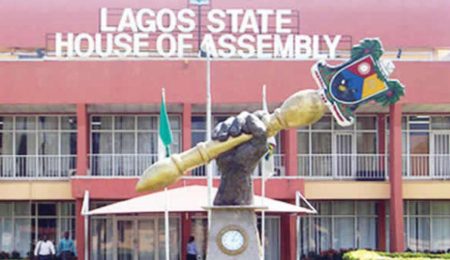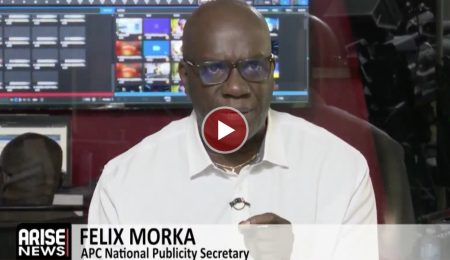The Governor of the Central Bank of Nigeria (CBN), Mr. Olayemi Cardoso, has reaffirmed the apex bank’s commitment to driving economic stability and building stronger, more resilient banks. He also assured that renewed confidence in monetary policy will attract greater investment inflows into Nigeria’s economy.
Speaking at a fireside chat moderated by Andreas Voss, Chief Country Representative, Deutsche Bank Nigeria, during the European Business Chamber (Eurocham Nigeria) C-Level Forum in Lagos, at the weekend, Cardoso pointed out that the ongoing recapitalisation exercise for commercial banks was “making good progress” and would produce stronger institutions capable of withstanding shocks and financing growth.
Cardoso noted that while headline inflation remains elevated, it was trending downward as a result of collective efforts thus far, with the expectation that the benefits of the bank’s tighten monetary policy stance would continue to take hold.
“We will guard very jealously the stability that has been restored in the financial system,” he said.
“Our priority is to sustain that stability, while at the same time tackling inflation and ensuring the financial system is resilient enough to support corporate lending and investment.”
When asked about high lending rates in Nigeria and their impact on investment, the CBN Governor acknowledged the concern but tied it back to his earlier point on inflation and stability.
He said there was a significant opportunity for interest rates to come down over time as inflation continues on its downward path and as markets become more efficient in allocating capital.
“That is the environment in which stronger corporate lending and higher levels of investment will naturally follow,” he added.
Cardoso noted the CBN’s recapitalisation directive, which requires banks to increase their minimum capital, was designed precisely to build resilience and ensure the financial system is strong enough to support broader economic activities.
He also highlighted efforts to strengthen the fintech ecosystem and expand financial inclusion, noting that technology-driven solutions would be central to deepening access and tackling poverty.
Importantly, he pointed to deeper collaboration with the fiscal side, including the Ministry of Finance, Ministry of Trade and Industry, and the Budget Office, as a positive development that would help the country sustain reforms and deliver long-term stability.
On Nigeria’s place in the global economy, he said: “What current geopolitical shifts make clear is the urgency of getting our own house in order. Nigeria is not only a large and attractive market in its own right, but it also sits at the gateway to West Africa and the wider continent. This makes stability at home all the more critical.”
Members of the EU Chambers praised the CBN’s reforms and the stabilisation of the naira as key drivers of renewed investor confidence.
Eurocham President Yann Gilbert, in his opening remarks, described the chamber as a bridge connecting European businesses with Nigerian policymakers.
“Our members are deeply committed to this country,” he said. “We want to invest, create jobs, and build lasting partnerships.
“This forum is about engagement, dialogue, and solutions that strengthen confidence and unlock opportunities between Nigeria and Europe.”
Nume Ekeghe
Follow us on:



